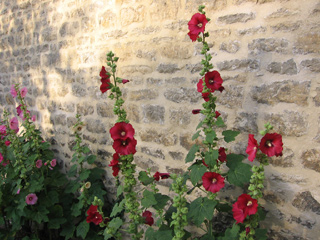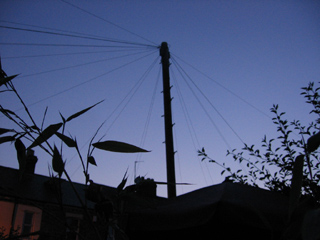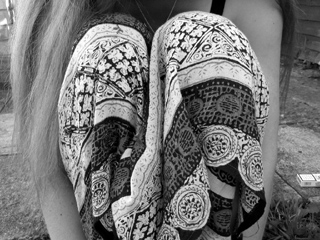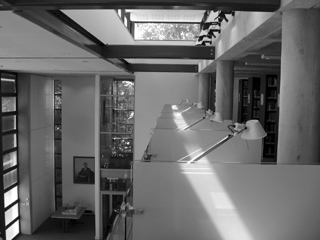Embedded in Starbucks, working on the revision of the fish paper, I am reminded that this is a particularly good environment in which for me to get things done. Critical factors include the absence of food I could go make, inability to connect to the internet (without paying for wireless access – £5 an hour, shocking!), and an atmosphere that is just distracting enough to keep my mind on target. Somehow, typing on a laptop in a coffee shop just feels very efficient. The entire introduction to the NASCA report was written in TextEdit in the Starbucks on Granville Street, near Georgia Street, while waiting for Sasha Wiley. The ready availability of caffeinated beverages is another natural advantage; on hot Oxford summer afternoons, there is little more capable of inducing work than four shots of espresso served over ice.
With Dr. Hurrell in France between yesterday and August 3rd, the fish paper is my top priority. That seems in keeping with a) the importance of publication if I hope to get anywhere in an academic context and b) the name recognition of a journal run by MIT. Getting it ready for publication involves two kinds of tasks – one relatively easy, and one relatively hard.
The easy task is contextual editing, as described in a previous post. I need to cut down a few sections that are non-critical, and perhaps reflective of the original status of this work as a term paper for an international law class. I need to tweak the language in a few spots and come up with a few neat ‘bullet point’ style recommendations of the sort Fernando and I generated for the NASCA report. I wouldn’t expect the above to take more than a couple of days.
The hard bit relates to a few scientific claims that are attributed to Clover – a journalist – rather than to specific scientific papers. Ideally, I should be able to cite both him and a scientific source for each. In practice, it may be hard to find sources that say exactly what he does. The statements in question are part of a general pattern broadly corroborated by scientific sources, but it is obviously better to have specific support than general support.
By the time I leave for Scotland on the 27th, the final copy of the paper should have been sent off to the editors of the journal. Naturally, I would appreciate if someone were able to give it a fine-tooth-comb going over, so as to ensure that no minor mistakes of language remain in the final version.
PS. Another pigeon hole check has revealed no Etymotic ER6i headphones. Once they arrive, I will finally be free from the lowest-common-denominator background music that is a feature of all corporate coffee shops. (I can hear Ms. Wiley gnashing her teeth at my corporate tolerance, halfway across the world, but I find the very plastic conformity of all Starbucks locations to be among the primary reasons for which they are such good places to get work done.)




